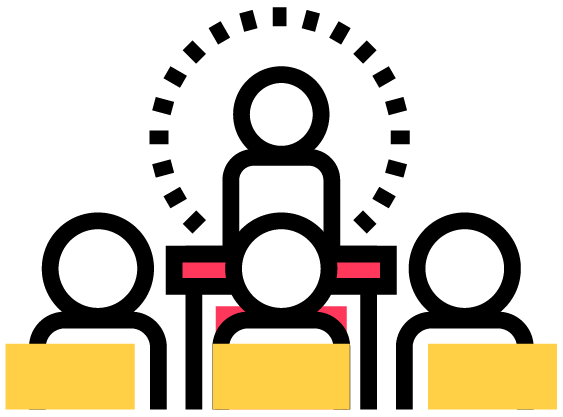
Overview
Economists are concerned with decision-making processes, particularly those involving economic policymaking. Majoring in economics prepares you for almost any professional career. It is also excellent preparation for law school or for graduate studies in economics, finance, or related business fields.
Commodities fluctuate, stock markets change continually and corporations spring up and fade out at amazing speed. Economists thrive on making sense of these phenomena by collecting data, researching trends and evaluating economic issues. It is one of the most exciting and rewarding social science fields.
As you study economics at UW-Superior, you will conduct surveys and collect data as you research and analyze current economic issues and prepare and present your research results. You will also develop, discuss and analyze various economic policies, explore business and market trends and examine the social, environmental and political elements of economic theory and practice.
What You’ll Learn
You can complete the economics major as a bachelor of science degree or a bachelor of arts degree. Undergraduate research and data analysis using Excel are cornerstones of the economics program. You’ll take classes focusing on skills and knowledge needed for careers in economics, including Money and Banking, International Economics, Data Exploration and Economics Analysis, and Applied Economic Analysis (with Stata software).
The economics major at UW-Superior will provide you with the skills and ability to:
- Apply knowledge of economic terminology, concepts and theories.
- Understand the economy in general and analyze various social, political and economic issues.
- Develop economic reasoning and research skills and demonstrate them through critical thinking, rational decision-making and competent collection, processing and interpretation of information.
- Communicate effectively in oral and written forms using professional economics language.
Because it is a non-comprehensive major, students must select a second major or minor to complement their economics major. Many students choose to combine economics with another major or minor in areas such as accounting, business administration, business analytics, finance, transportation and logistics management, math, political science, history, information technology, communication and media arts or others.
Scholarship & Internship Opportunities
The Shippar-Beam Economics scholarship is available exclusively for economics majors in their second, third and fourth year of school. Economics students with a GPA of 3.0 or higher are eligible to apply. Funds help cover tuition, research stipends, internship stipends, graduate school admission expenses and funding for economics-related honor societies.
Multiple paid internship opportunities are available to our students each year as well. The Center for Economic Development frequently uses students to assist in survey design, data collection and coding for reports prepared for county extension agents and county agencies throughout Wisconsin. We have also placed students in local banks/financial institutions, the Mayor’s Office, the Superior Recycling Center and the Superior YMCA.
Students also have opportunities to participate in some Economics conferences in the region such as Minnesota Economic Association, Wisconsin Economics Association, Wisconsin Economics Association and Midwest Economics Association conferences.
Program Outcomes/Career Opportunities
With a bachelor’s degree in economics you will be prepared for a wide variety of career opportunities in private and public sectors, including:
- Business analyst
- Management consultant
- Investment analyst
- Commercial banker
- Policy analyst and researcher
- Corporate financial manager
- Stockbroker
- Trader
- Financial analyst
Advanced career positions often require a master’s or doctorate degree, and many UW-Superior economics graduates pursue their studies at some of the most prestigious graduate programs. A few examples include PhD Programs in Economics at the University of Minnesota-Twin Cities, American University, Kansas State University, Washington State University, Georgia State University, Simon Fraser University, and many more.
Ready to get started?
Applying to UW-Superior is easy and free for undergraduate students. Once your application is submitted, you’ll hear from us within just a few days. We’re here to help you every step of the way with any questions you may have, so why wait? Start your application today.
Interested in Graduate Programs?
Visit our graduate programs page to find the program that’s right for you.
Request Information





